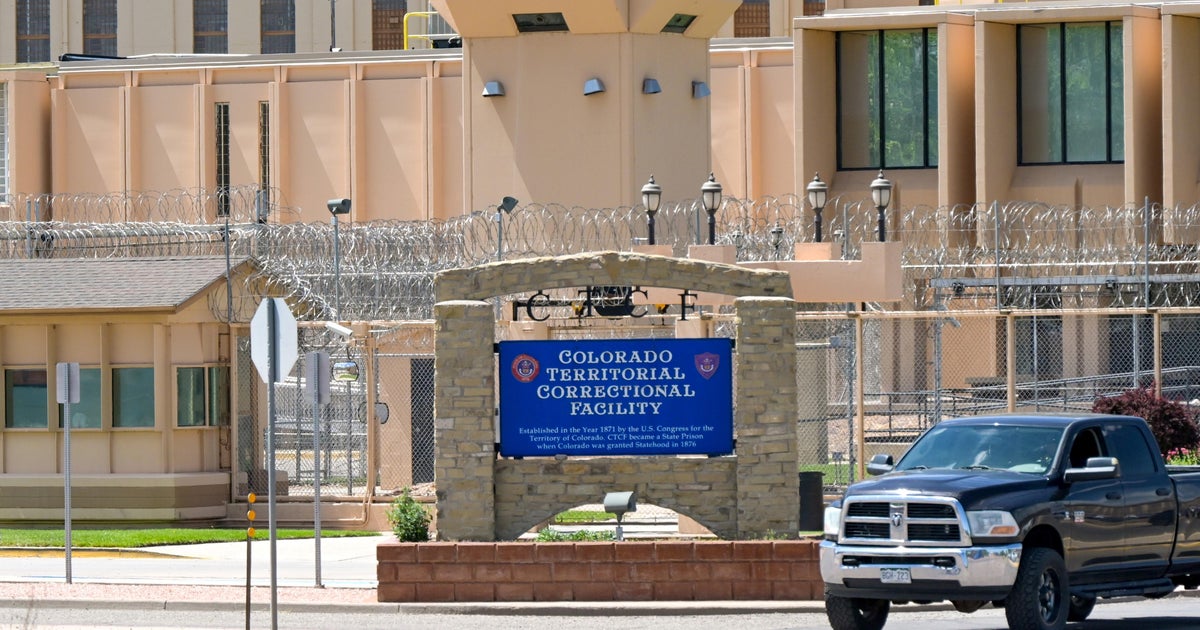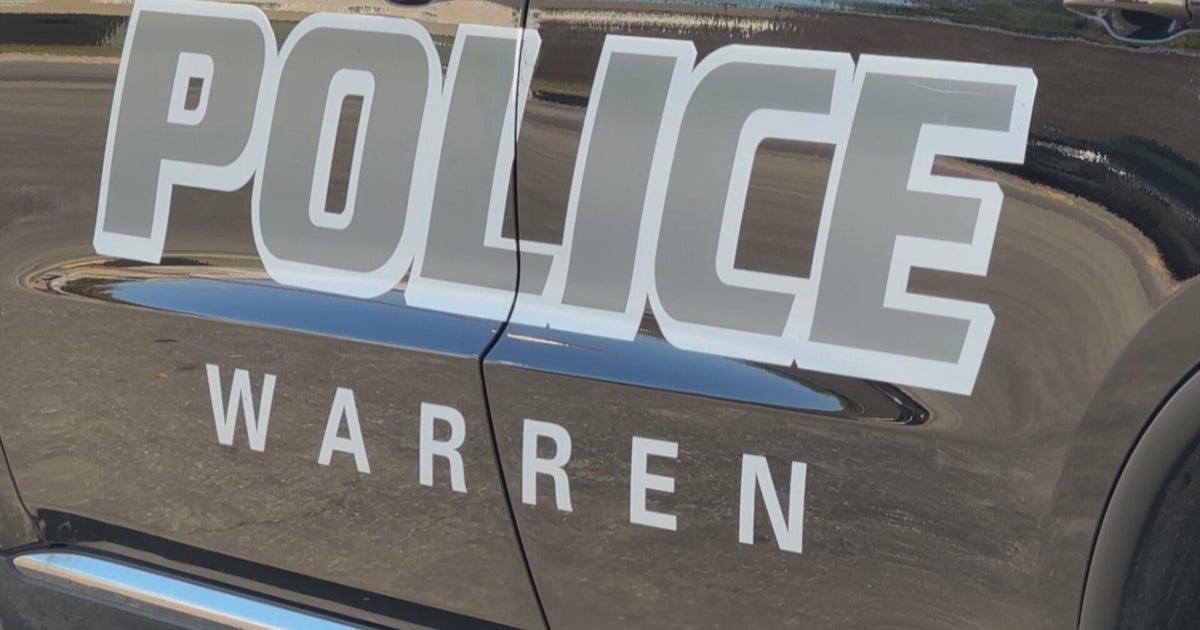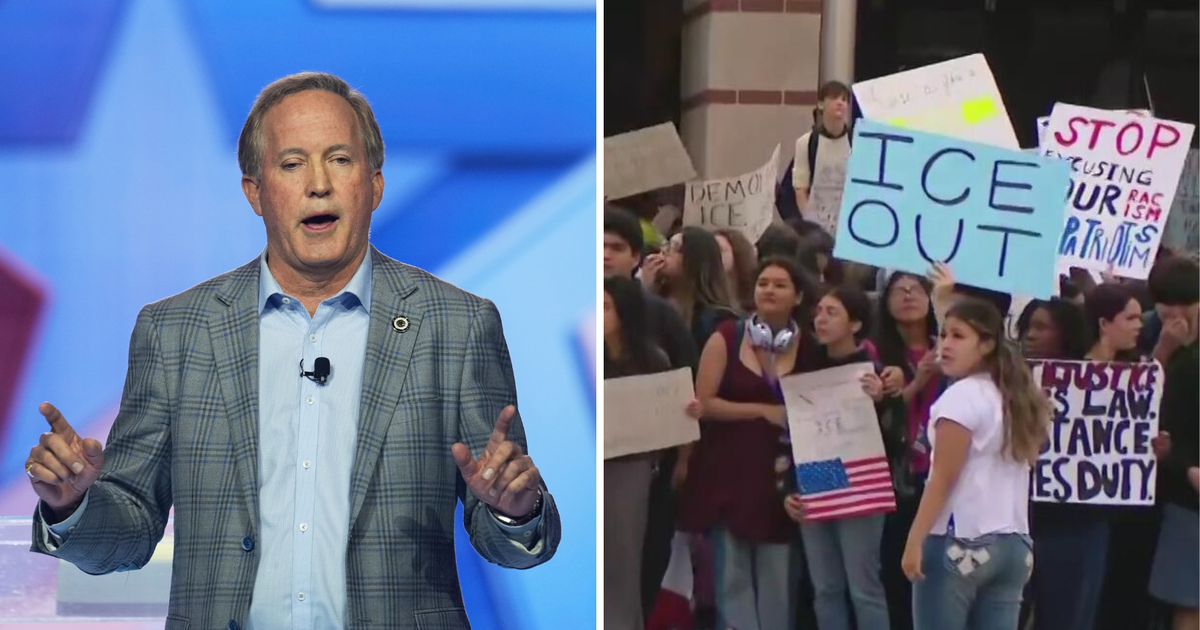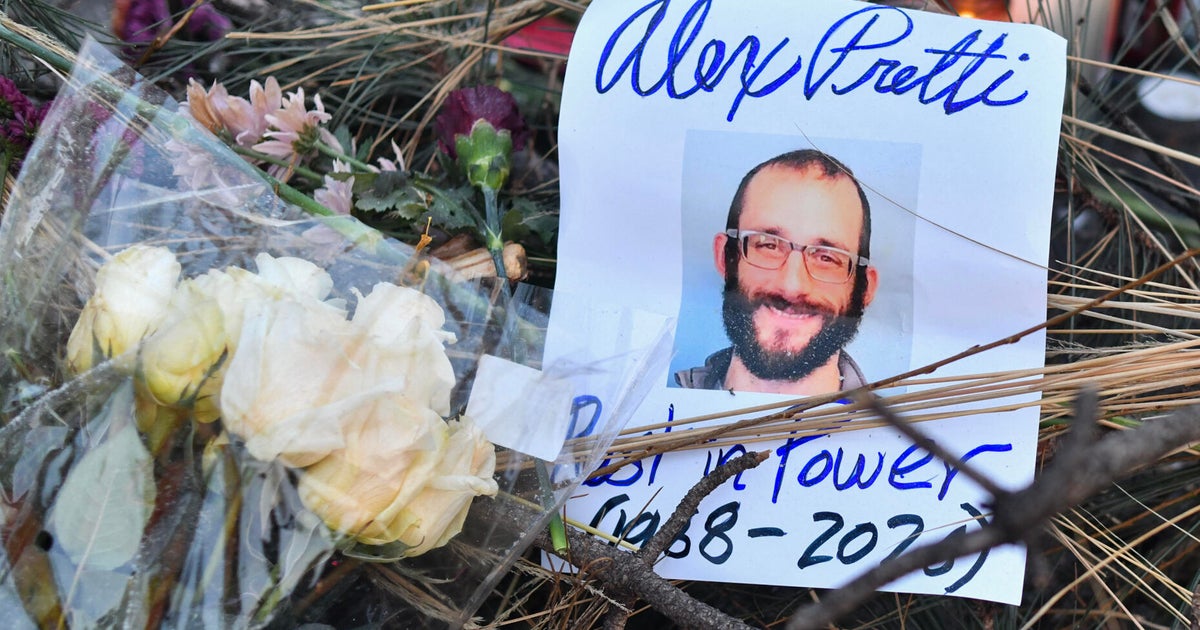NYPD Watchdog Will Be Responsible For Prosecuting Future Misconduct Cases
NEW YORK (AP) -- Attorneys for New York's police watchdog agency will now prosecute all misconduct cases that stem from complaints it receives and investigates, an unprecedented move that hands over some of the New York Police Department's control on how it handles allegations of bad behavior.
The decision Tuesday follows a two-year pilot program where the Civilian Complaint Review Board's independent attorneys prosecuted a small number of cases.
Previously, the agency investigated misconduct allegations, then handed recommendations to the NYPD on whether charges should be pursued. Police attorneys would broker a plea deal, pursue charges at a departmental trial, or take no action _ the department was not required to follow the agency's recommendations.
Now, the agency will hear the misconduct claims, investigate, prosecute, or hand down lesser punishments.
Discipline usually comes in the form of loss of vacation or pay, and may also include re-training or probation. In more serious cases, like that of Det. Gescard Isnora, who was involved in the shooting death of Sean Bell on his wedding day in 2006, a department judge recommended Isnora be fired without pension after an internal trial. Isnora was acquitted of charges in his criminal trial.
Police Commissioner Raymond Kelly will continue to have the final authority on whether officers are disciplined.
Tuesday's decision was in the works for some time, but comes amid calls for more police oversight as the number of people stopped, questioned and frisked has risen to more than 600,000 annually, and secret police monitoring of some Muslims has drawn criticism from politicians and activists.
Agency Chairman Daniel Chu called the agreement a milestone. It's the first of its kind in the history of the department.
``Public confidence in the disciplinary process will be strengthened by having the CCRB, an independent agency, prosecuting these cases,'' he said.
The CCRB does not investigate criminal claims; those are handled by district attorneys. On average, the CCRB refers 200 cases per year to the NYPD and recommends disciplinary action in about 137 cases, according to spokeswoman Linda Sachs. Those cases involved about 277 officers and included accusations of excessive force, offensive language and abuse of authority that would include improper stops, frisks and searches.
The agency has seen its budget cut, but will ask for more funding in order to hire lawyers to prosecute the cases.
Kelly and Mayor Michael Bloomberg said the agreement grew from the success of the pilot program. Bloomberg said the program further strengthened what he described as the city's ``strong monitoring and regulation of police conduct.''
``We have no tolerance for corruption or misconduct, and over the last decade the NYPD has aggressively investigated cases developed internally, and through the CCRB,'' he said in a statement. ``We expect members of the NYPD to live up to their name _ New York's Finest _ and I know they will continue to do so.''
Donna Lieberman, head of the New York Civil Liberties Union, called the move a good first step, but said it in no way addressed major oversight concerns.
``The NYPD needs a massive reform and that will be the task of our next city administration, in order to make the fundamental changes necessary,'' she said.
Patrick Lynch, head of the police department's largest union, the Patrolmen's Benevolent Association, slammed the decision.
``Our problem with CCRB has always been first, their predisposition that police officers are always wrong, second, their inexperienced investigators who conduct faulty investigations that arrive at improper conclusions, and now those wrong conclusions will be prosecuted at these kangaroo trials,'' he said.
In the case of Isnora, Kelly agreed with the department judge's recommendation and Isnora was fired. The other officers involved in the 2006 incident have retired, but will keep their pensions.
(Copyright 2012 by The Associated Press. All Rights Reserved.)







